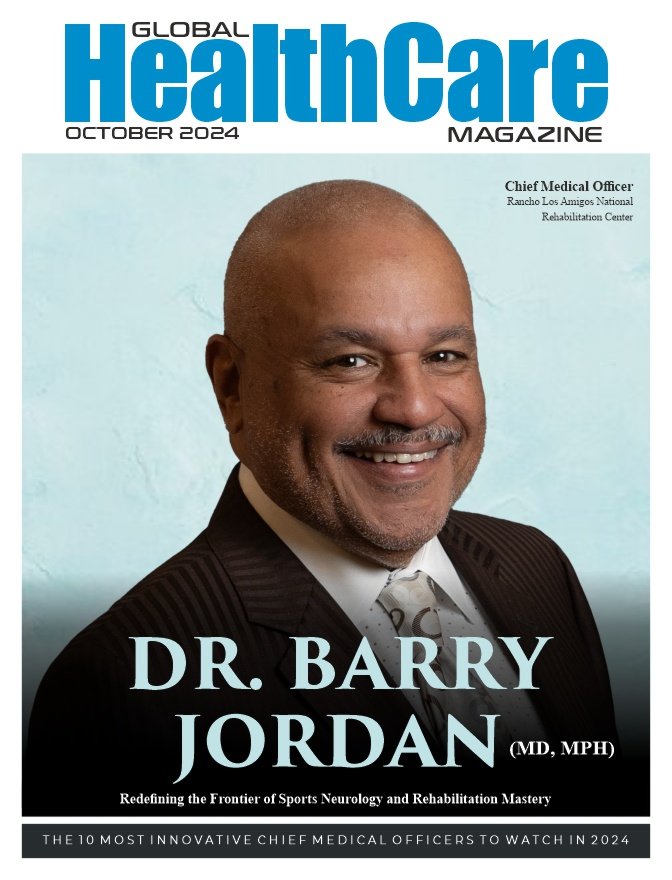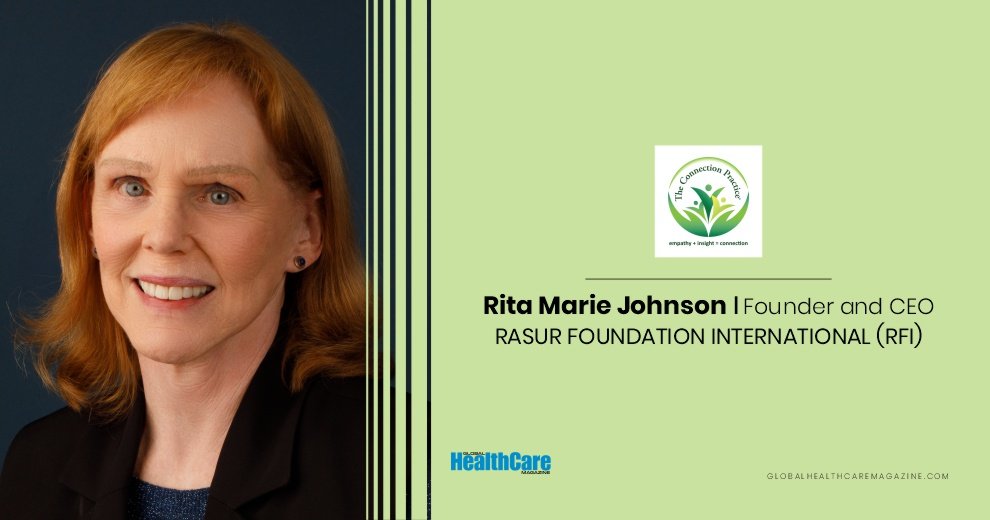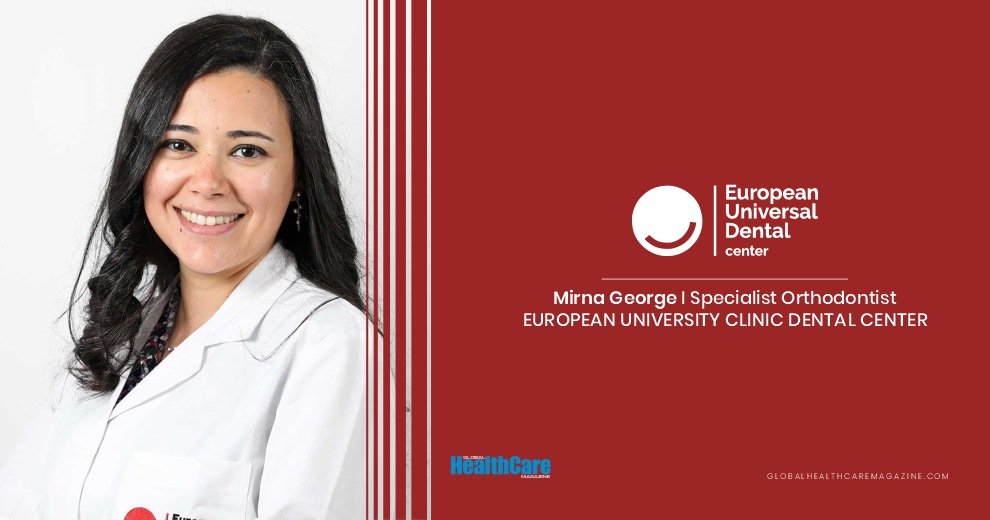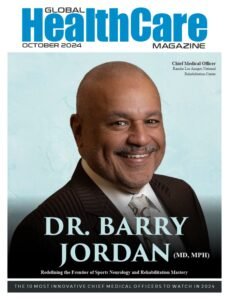Pain is an unwelcome companion for many seniors. Whether it’s caused by arthritis, neuropathy, or other age-related conditions, managing pain effectively is essential to maintaining a good quality of life. While medications are commonly prescribed, they often come with side effects and the potential for dependency. In this article, we’ll explore holistic approaches to pain management in seniors, offering alternative solutions to reliance on medications.
Physical Therapy
Physical therapy can be a game-changer for seniors dealing with chronic pain. Trained therapists work with patients to improve mobility, strength, and flexibility. This can reduce pain and enhance overall quality of life. Exercises and stretches are customized to the individual’s needs and limitations, making it a safe and effective option.
Acupuncture
Acupuncture is an ancient Chinese practice that involves inserting thin needles into specific points on the body. It’s been found to relieve pain by stimulating the body’s natural painkillers, such as endorphins. Seniors can benefit from acupuncture for conditions like osteoarthritis, back pain, and even migraines.
Chiropractic Care
Chiropractic care focuses on the spine and musculoskeletal system. Regular adjustments from a chiropractor can alleviate pain caused by spinal misalignments. Many seniors find relief from chronic back and neck pain through this holistic approach.
Massage Therapy
Massage therapy not only eases muscle tension but also promotes relaxation and improved circulation. It can be particularly beneficial for seniors with conditions like fibromyalgia or chronic lower back pain. Always ensure the massage therapist is trained in working with older adults and their unique needs.
Yoga and Tai Chi
Both yoga and Tai Chi emphasize gentle, controlled movements that can increase flexibility, balance, and strength. These practices can be adapted to suit seniors’ physical abilities and are known to reduce pain, especially in those with arthritis or chronic joint issues.
Mindfulness Meditation
Chronic pain often leads to emotional distress and anxiety. Mindfulness meditation teaches seniors to focus on the present moment and accept their pain without judgment. It can reduce the perception of pain and improve mental well-being.
Heat and Cold Therapy
Applying heat or cold to affected areas can provide relief for seniors dealing with muscle and joint pain. Heat relaxes muscles and increases blood flow, while cold reduces inflammation. Alternating between the two can be effective for certain conditions.
Dietary Changes
A healthy diet can play a significant role in managing pain. Foods rich in anti-inflammatory properties, such as omega-3 fatty acids found in fish, can help reduce joint pain. Seniors should consult with a nutritionist for personalized dietary recommendations.
Conclusion
Seniors have a range of holistic approaches available to manage pain without relying solely on medications. The key is to explore these alternatives in consultation with healthcare professionals who can provide guidance on the most suitable options based on individual needs and medical history. By incorporating holistic approaches into their pain management strategies, seniors can lead more comfortable and fulfilling lives.
Also Read: Robotic Revolution: Restoring Mobility One Knee at a Time



















